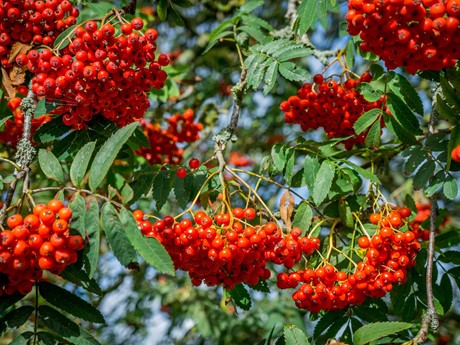What does Phenology mean to you?
Fritha West, 26/05/2022
Phenology is the study of the timing of natural events. But what does it mean to record phenology, and why is it important? Dr Michelle Bastian, from the Edinburgh College of Art, encourages us to take an interdisciplinary approach.

(Photo: Chris Lawton, Unsplash)
The term “phenology” comes from the Greek words for “to show” and “to study”. It was coined by Belgian botanist Charles Morren in 1849, but many people had been thinking about phenology for centuries before it was named. In the UK, much of our folklore and mythology is based around the timing of natural events. Old sayings and phrases still reflect this; “Cast ne’er a cloot til May be oot!” and “Oak before ash, you’re in for a splash, ash before oak, you’re in for a soak.” Farmers and foresters take their cues from nature, too – planting and sowing in line with the seasons.
Our new collaboration with the University of Edinburgh will investigate how we think about the passage of time, and how this can impact the way we live.
“Are you interested in talking about time and phenology? Nature’s Calendar are working with Dr Michelle Bastian, a senior lecturer at the University of Edinburgh. Her project Phenomenal Time is funded by the Independent Social Research Foundation, and is looking at how phenologists make sense of ecological time. For example, time is often thought about as a line, or as a circle, but what is the shape of time for someone tracking nature’s calendar? What kind of time helps us tune into the ecology of our local environments? Here we might think about routines, rhythms, or other processes involved in recording itself. Michelle is hoping to interview recorders for Nature’s Calendar about their experiences and is currently looking for volunteers. Interviews would take around an hour, and can take place online, or if volunteers are in the reach of Edinburgh there could be in-person options, including walk-alongs.”
If you are interested please contact Michelle michelle.bastian@ed.ac.uk.

